If you’re over 60, chances are you’re always on the lookout for ways to keep your body strong, your memory sharp, and your energy steady. Here’s a surprising fact: nearly 80% of seniors worldwide use natural remedies to support their health, and one spice in particular stands out—turmeric. Known as “golden spice,” turmeric has been used in traditional medicine for over 4,000 years.
But here’s the twist: modern science is finally catching up, showing that turmeric’s active compound, curcumin, can influence everything from joint health to brain function. Imagine being able to move with less stiffness, remember names more easily, and even keep your heart healthier—simply by sprinkling this spice into your meals.
This article will explore why seniors should consider adding turmeric to their daily routine, what the science says, how much you really need, and practical tips to make it part of everyday life. By the end, you’ll know exactly how turmeric can help you age stronger, smarter, and healthier.
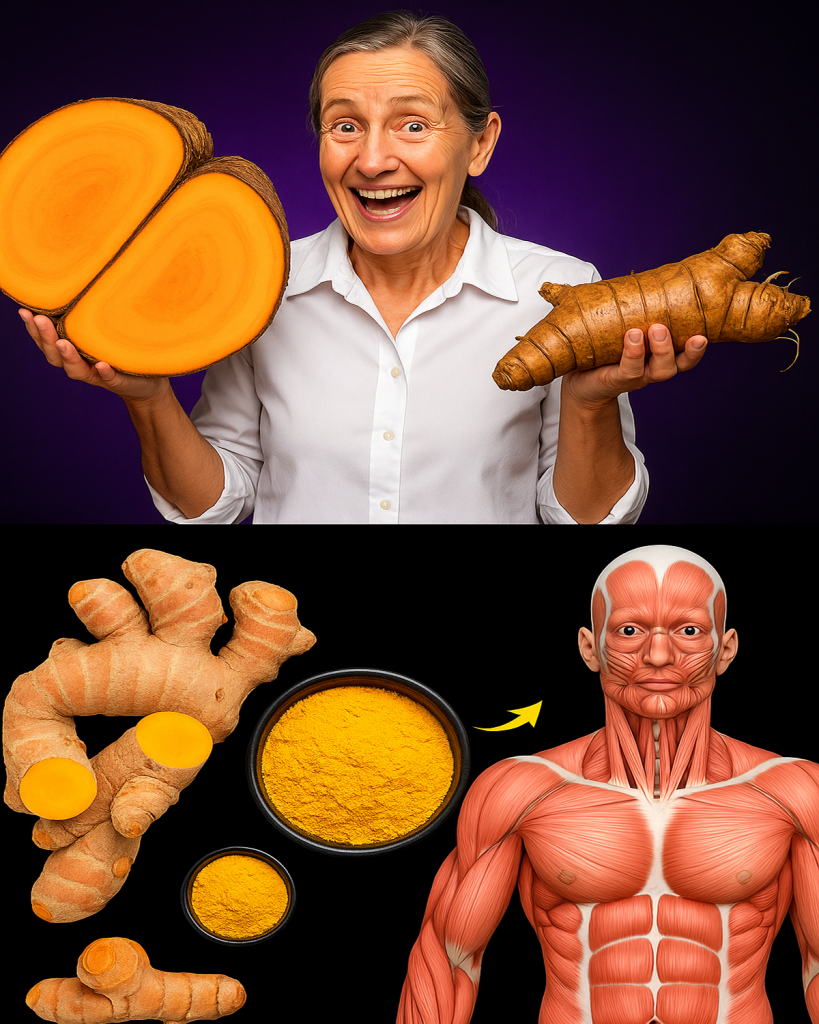
Why Turmeric Is Different from Other Spices
Turmeric isn’t just a colorful addition to curry. What makes it extraordinary is curcumin, the compound responsible for its vibrant yellow hue and powerful health benefits. While many herbs and spices offer antioxidants, curcumin is unique in its ability to influence inflammation, oxidative stress, and even cell signaling in the body.
For seniors, this is crucial. Aging naturally brings a rise in inflammation, slower healing, and increased risk of chronic disease. Turmeric works almost like a gentle shield, supporting the body’s ability to repair and protect itself.
The Challenge: Absorption Matters
One important detail to know is that curcumin is not easily absorbed on its own. Pairing turmeric with black pepper (which contains piperine) can boost absorption by up to 2,000%. That’s why recipes, supplements, and even golden milk often combine these two ingredients.
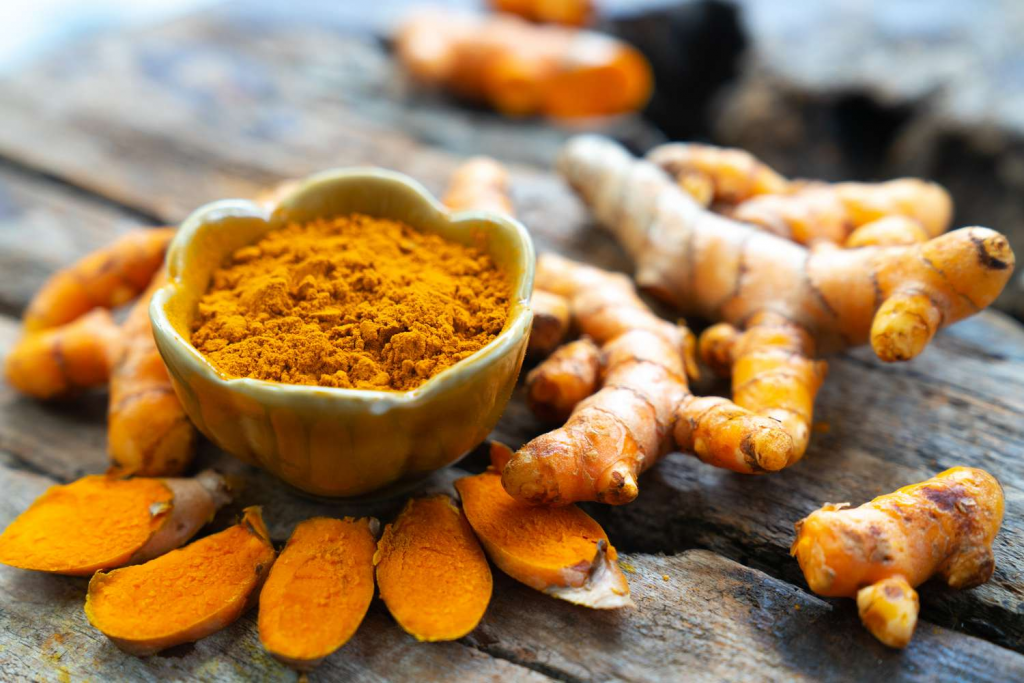
1. Joint Health and Mobility Support
Arthritis and joint stiffness are among the most common challenges for seniors. Studies suggest that turmeric extract can reduce pain and improve mobility as effectively as some over-the-counter medications, without the same risk of side effects.
In a 12-week study, seniors who took curcumin supplements reported reduced knee pain and greater ease in climbing stairs. While turmeric won’t rebuild cartilage, it can reduce the inflammation that makes everyday movement difficult.
Practical tip: Add ½ teaspoon of turmeric powder to soups, scrambled eggs, or smoothies daily. For stronger effects, discuss curcumin supplements with a healthcare provider.
2. Cognitive Support and Memory
Brain health is one of the biggest concerns with age. Research published in the American Journal of Geriatric Psychiatry showed that seniors who took curcumin supplements experienced improved memory and attention after just 18 months. Brain scans also revealed fewer markers of cognitive decline.
How does turmeric help? Curcumin reduces oxidative stress in the brain and promotes the growth of new brain cells, supporting clearer thinking and sharper memory.
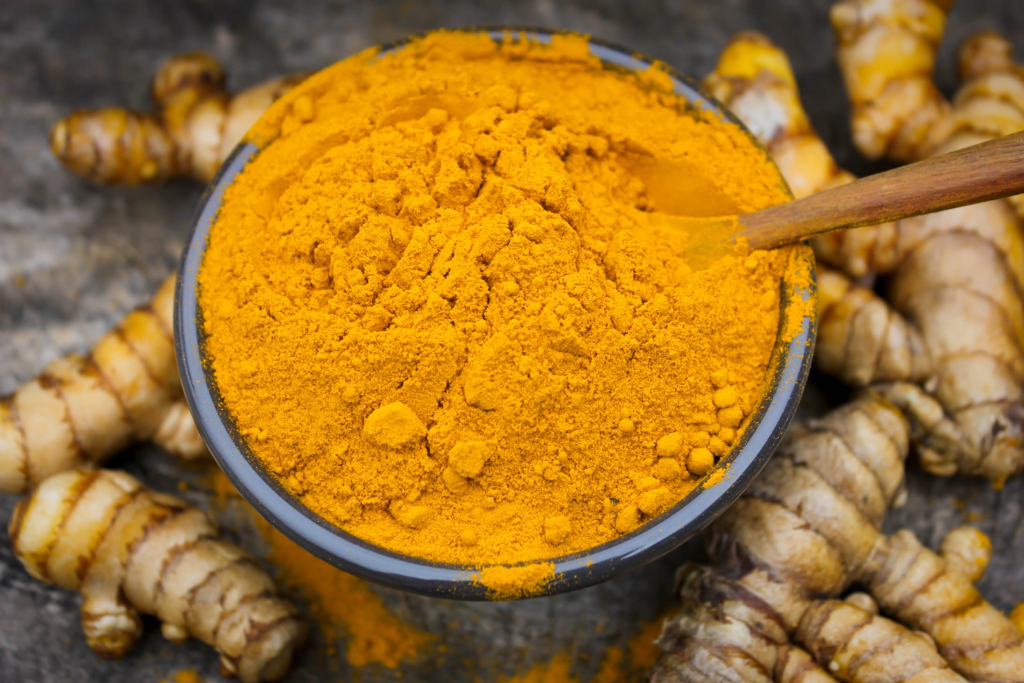
Case example: In India, where turmeric is a dietary staple, seniors have a significantly lower rate of Alzheimer’s compared to Western countries. While diet isn’t the only factor, turmeric is believed to play a protective role.
3. Heart Health and Circulation
Cardiovascular disease is the number one health risk for seniors. Turmeric has been shown to support healthy cholesterol levels, blood pressure regulation, and improved blood vessel function.
In fact, one study found that curcumin supplements worked nearly as effectively as exercise in improving vascular function in postmenopausal women. That doesn’t mean turmeric replaces walking or exercise—but it can be a powerful partner in heart health.
Quick recipe: Brew a warm turmeric tea with a pinch of black pepper and ginger to relax blood vessels and promote circulation.
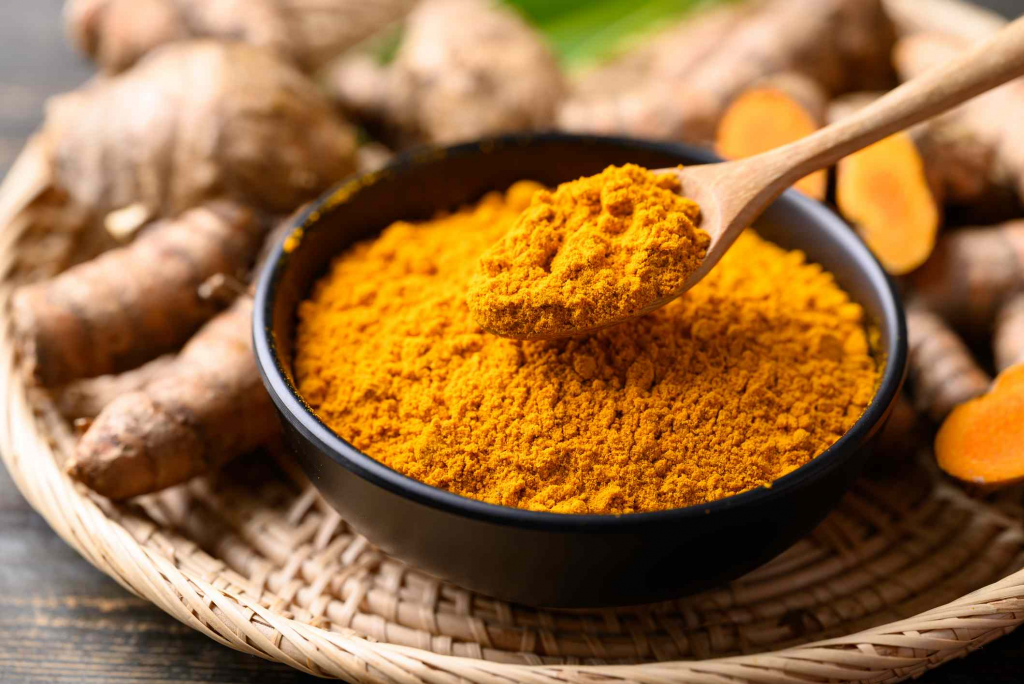
4. Natural Immune Boost
The immune system naturally weakens with age, leaving seniors more vulnerable to infections. Turmeric supports immune function by activating important white blood cells and reducing chronic inflammation that suppresses immunity.
Everyday idea: Sprinkle turmeric into stir-fries or rice, or try golden milk before bed to help the body recharge and support natural defenses.
5. Better Digestion and Gut Comfort
Bloating, indigestion, and sluggish digestion are common complaints among older adults. Turmeric stimulates bile production, which aids in breaking down fats and improving digestion. Some research also suggests it helps calm symptoms of irritable bowel syndrome.
Tip for seniors with sensitive stomachs: Instead of taking large doses, use small amounts daily in food or consider gentle teas that include turmeric.
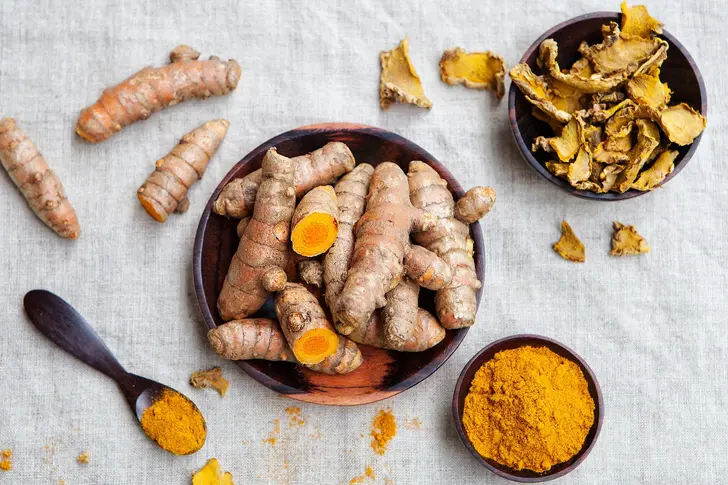
6. Natural Mood and Energy Support
It’s not just the body that changes with age—the mind does too. Turmeric may support balanced mood and energy by increasing serotonin and dopamine levels. Early studies show that curcumin could help reduce mild depressive symptoms and fatigue, making it easier for seniors to stay socially active and motivated.
Lifestyle pairing: Combine turmeric with daily walks and light exercise for maximum benefit to both body and mind.
7. Longevity and Overall Wellness
Ultimately, turmeric isn’t just about targeting one condition. Its antioxidant and anti-inflammatory properties work across multiple systems in the body. Regular use may support longer, healthier living by slowing the effects of oxidative stress—the very process that contributes to aging itself.
Here’s a quick overview:
| Health Area | How Turmeric Helps | Best Way to Use |
|---|---|---|
| Joints & Mobility | Reduces inflammation, eases stiffness | Add to soups, smoothies, or supplements |
| Brain & Memory | Supports focus, memory, and new cell growth | Curcumin capsules, turmeric tea |
| Heart Health | Improves circulation and cholesterol | Golden milk or capsules |
| Immunity | Boosts white blood cell activity | Daily spice in cooking |
| Digestion | Stimulates bile production, eases bloating | Curry, teas, small daily doses |
| Mood & Energy | Supports serotonin, reduces fatigue | Combine with exercise |
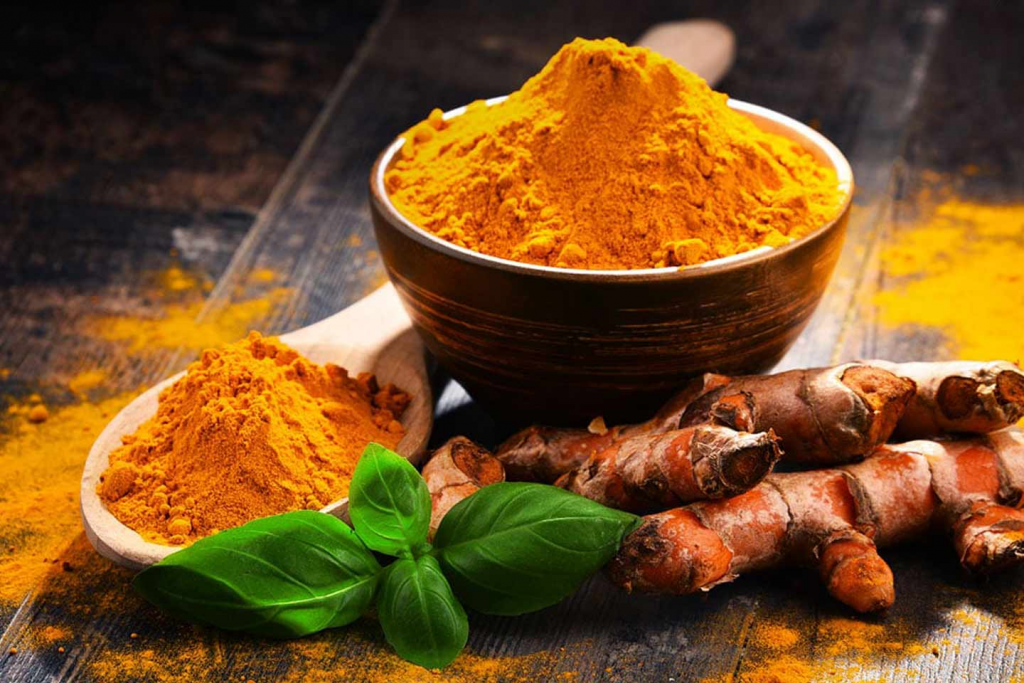
How Much Turmeric Should Seniors Take?
There’s no one-size-fits-all answer, but research suggests:
- 1–3 grams of turmeric powder per day in food is safe for most seniors.
- 500–1,000 mg of curcumin extract daily is often used in studies, especially when paired with piperine for absorption.
Always consult a healthcare provider before starting supplements, especially if taking blood thinners or medications for diabetes and heart disease.
Simple Ways to Add Turmeric to Your Routine
- Stir turmeric into scrambled eggs or oatmeal.
- Blend it into smoothies with banana and almond milk.
- Sip on golden milk (turmeric, black pepper, warm milk, and honey).
- Sprinkle over roasted vegetables or rice.
- Try turmeric capsules if you prefer consistency and precise dosing.
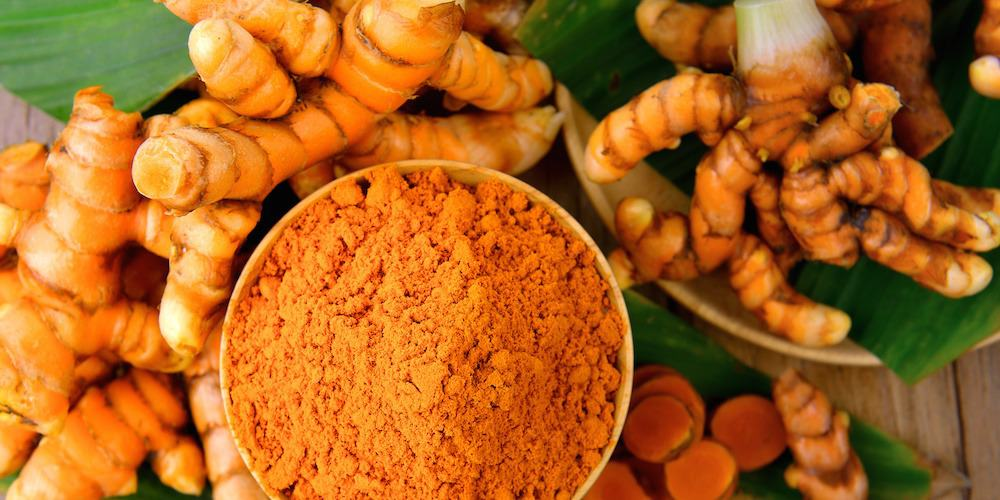
Conclusion: Should Seniors Eat Turmeric Daily?
Absolutely. Science and tradition both point to turmeric as a gentle but powerful ally for seniors. From supporting mobility and memory to protecting the heart and immune system, turmeric works in ways that touch nearly every part of aging well.
FAQs in Brief:
- Can turmeric replace medication? No, it should complement—not replace—doctor-prescribed treatment.
- Is turmeric safe for everyone? Generally, yes, but people on blood thinners or with gallbladder issues should consult a doctor.
- How long before I see benefits? Some notice changes within weeks, while others may take months of consistent use.
Disclaimer: This article is for informational purposes only and is not a substitute for professional medical advice. Always consult with a qualified healthcare provider before making changes to your diet or supplements.




